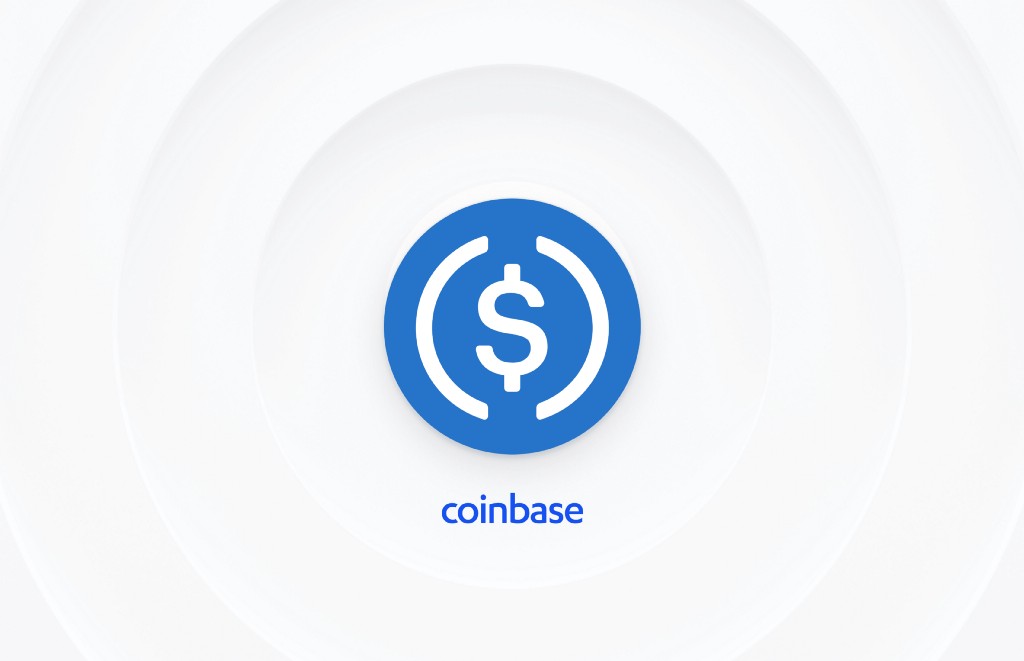
Just two months ago, in July, USD Coin (USDC) achieved its biggest milestone to-date, crossing $1 billion in total market cap. Occurring only 21 months after it was initially launched in late 2018, this represented a significant accomplishment, solidifying USDC as the leading fully-backed, regulated digital dollar. Now, only two short months later, USDC’s market cap has doubled to reach $2 billion.
Stablecoins are one of the most promising vehicles for creating greater financial access and inclusion. Coinbase was founded with the mission of creating an open financial system for the world, but we can’t do it ourselves. In celebration of USDC’s tremendous growth, and the rapid rise of stablecoins as an important crypto innovation, we’re issuing a Request for Startups. Coinbase Ventures and the USDC Bootstrap Fund are excited to fund and work with promising startups and with developers building decentralized protocols that advance our mission.
If you’re an entrepreneur working on a stablecoin-based idea, we want to hear from you. We’ve outlined some ideas that we’re especially excited about below, but good ideas come from anywhere. If you’re working on a problem that isn’t on this list, reach out anyway!
Banking the unbanked
Access to financial services is critical to creating and maintaining wealth, and those without access suffer from a systemic inequality that creates widening disparity between them and the rest of society. In 2018, the Federal Reserve estimated that there are 55 million unbanked or underbanked adult Americans, accounting for 22% of U.S. households. According to the World Bank, 1.7 billion adults remain unbanked worldwide, and yet two-thirds of those adults own a mobile phone.
A truly open financial system can’t leave the unbanked and underbanked behind. Crypto allows people to save money and participate in activities like investing or borrowing with nothing more than a smartphone. And stablecoins in particular bring the benefits of crypto to those who might not be in a position to navigate the volatility of other cryptocurrencies. Combined with access to the internet, stablecoins will play a key early role in making it easier for people to participate as equals in the global financial system. We’d love to see solutions that could help make this happen.
Wealth preservation
The most economically marginalized tend to live in countries with the most unstable financial systems and the most inflationary currencies. If you’re stuck holding whatever wealth you have in a currency that rapidly loses its worth, the struggle to survive, compete, and thrive with the rest of the world becomes even harder. Even if you aren’t on the fringes, economic stability still matters. USDC gives people around the world easier access to the stability of the US dollar.
Stablecoins built on crypto rails make it easier to access other asset types regardless of where you live, but end-to-end solutions connecting local fiat and crypto are important in order to easily convert back and forth whenever necessary. We’re interested in seeing companies that are solving this problem.
Global payments
Global remittances represent $600 billion in annual peer-to-peer payments (though the World Bank expects Covid-19 to cause a reduction in near-term volumes). Roughly 75% of remittance volume is used to cover everyday expenses, with the remaining 25% used for investing and asset-building. Two key problems plague remittances today: 1) They can be slow due to a lack of global standards and payment rails that are optimized for local laws and banking structures; and, 2) They can be incredibly expensive, with fees as high as 15% for certain corridors.
International payment rails also underpin global business activity, and businesses face similar challenges around speed and cost. Rails optimized for local infrastructure, rather than global interoperability, limit the efficiency with which businesses can transact, both with other businesses and with individuals. Days-long settlement times lock up funds, limit liquidity, and complicate treasury management for companies trying to move fast.
One of the early promises of crypto was revolutionizing global payment flows, but that hasn’t happened yet. We’re interested in seeing how stablecoins can be used to help people send money to friends and family abroad who need help, as well as power a more efficient global payments system for business.
Financial services for crypto companies
Crypto companies have to solve many of the same problems that non-crypto companies face in the course of running their businesses: securing & growing their assets, filing & paying taxes, handling payroll for employees, paying vendors, and more. But, unlike other companies, crypto businesses have a tougher time getting access to financial resources themselves. Traditional financial institutions, including banks, are still learning about crypto and the unique risks that companies in the space can face.
If we want to connect and grow the cryptoeconomy, and ultimately create a more open financial system, we need to make it safer and easier for crypto entrepreneurs to start and operate companies.
Tools for crypto developers
Our strategy at Coinbase involves connecting and growing the cryptoeconomy, and we’re excited to see so many innovative new companies and protocols emerging. But building those companies and protocols still requires crypto developers to handle significant overhead because they don’t yet have a complete set of tools to facilitate application-building.
We want to make it easier for developers to create new crypto-based products and services, especially those that accelerate the adoption of stablecoins around the world. There are several key problems that need solving: 1) Infrastructure and tooling to make it easier to create and operate new protocols; 2) Custody-as-a-service so developers can focus on solving use cases, not managing storage (think Parse for crypto); and, 3) Global, inexpensive on-and-off ramps so people and businesses can easily move between fiat and crypto with KYC that respects local regulation. Crypto developers have other needs too, and we’d love to work with companies that are helping create the foundation to connect and grow the cryptoeconomy.
If you’re an entrepreneur tackling one of these problems, or are working on another big idea that we left off this list, and you’d like to work with us, reach out to our Coinbase Ventures team here. If you’re working on a new decentralized protocol that needs USDC liquidity, our USDC Bootstrap Fund may be able to help — you can apply here.
More about USDC
USDC was introduced by the Centre Consortium, an organization co-founded by Coinbase and Circle, in order to establish an open standard for fiat on the internet and provide a governance framework and network for the global, mainstream adoption of fiat-backed stablecoins.
Want to get your own USDC? It’s easy.

was originally published in The Coinbase Blog on Medium, where people are continuing the conversation by highlighting and responding to this story.

